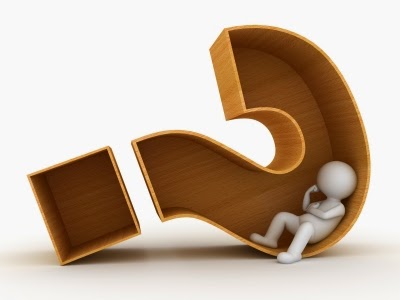Even I, not necessarily an ardent follower of the group who doesn't even know all the group members names, feel a little bit of the magic created by this reunion.
Over the years there have been a few momentous musical reunions that shook the music world.
The one that comes to mind is that of Paul Simon and Art Garfunkel. They reunited after a bitter separation. In September 1981 ...
The duo entered through a side stage door,
took center stage amid audience applause,
looked at each other and shook hands.
The music began...again.
I can just imagine the roar from those in the audience.
A
quick search garnered this list (by no means an exhaustive list) of
musical groups that have reunited after periods of separation.
Spinal Tap
Stone Temple Pilots
New Kids on the Block
Spice Girls
Led Zepplin
Van Halen
The Police
Genesis
Pink Floyd
En Vogue
The Fugees
Duran Duran
The Who
Groups split for a variety of reasons.
Sometimes they just grow tired of being together.
Sometimes their once-aligned musical vision moves in opposite directions.
Both of these could be underlying causes for the split of the Beatles.
Sometimes, and frequently, one member of the group wants to explore a solo career.
I
can remember when Donny Osmond and Michael Jackson left the groups made
up of their individual brothers. Each pursued a solo career which was
successful. The brothers' groups continued to sing together though
their attempts were overshadowed by their younger sibling who had gone
solo.
The Commodores floundered then fizzled after lead singer Lionel Richie left the group.
There's been rumors of a Commodores reunion.
It seems we might have to wait for it.
Last year, in a Rolling Stone interview, Lionel Richie said, "If I could pull off a Commodores reunion, I will be the miracle worker of life."
He went on to quote Paul McCartney: "Somedays I feel like it's what Paul McCartney said: "The memories of the Beatles are better than the Beatles."
Sometimes though it's nice to relive those memories with a reunion concert.
After all, for the fan, the magic of a group's music is reignited when they reunite.










